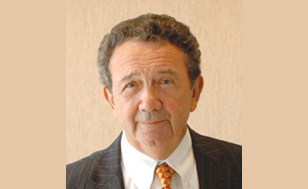In November of 2017, a new district attorney will be elected in Philadelphia. In January of this year, a new Attorney General of Pennsylvania took office. Will these new public officials, elected to two of the most important law enforcement offices in the commonwealth, bring a fresh effort to investigating and prosecuting political corruption cases? Or will the major cases be filed once again by the federal prosecutors? Despite the good faith efforts by the newly elected prosecutors, many jaundiced observers of the state and local government of Pennsylvania would say they will not produce substantial results in political corruption or white collar cases utilizing current laws and procedures. Crucial changes must be made in state procedures for there to be any noticeable progress. This column is dedicated to changes that should be made to state procedures so that state prosecutors can succeed.
A short bit of history is necessary here to put this issue into prospective. Until the late 1960s, federal prosecutors investigated only political corruption and white collar cases if they involved a violation of income tax statutes. There was no other statute that applied to such situations. Although Al Capone, the crime kingpin of the 1930s, committed many state criminal offenses, he went to jail for tax evasion. In the 1960s, two procedural changes took place in federal law enforcement.
This content has been archived. It is available through our partners, LexisNexis® and Bloomberg Law.
To view this content, please continue to their sites.
Not a Lexis Subscriber?
Subscribe Now
Not a Bloomberg Law Subscriber?
Subscribe Now
LexisNexis® and Bloomberg Law are third party online distributors of the broad collection of current and archived versions of ALM's legal news publications. LexisNexis® and Bloomberg Law customers are able to access and use ALM's content, including content from the National Law Journal, The American Lawyer, Legaltech News, The New York Law Journal, and Corporate Counsel, as well as other sources of legal information.
For questions call 1-877-256-2472 or contact us at [email protected]



